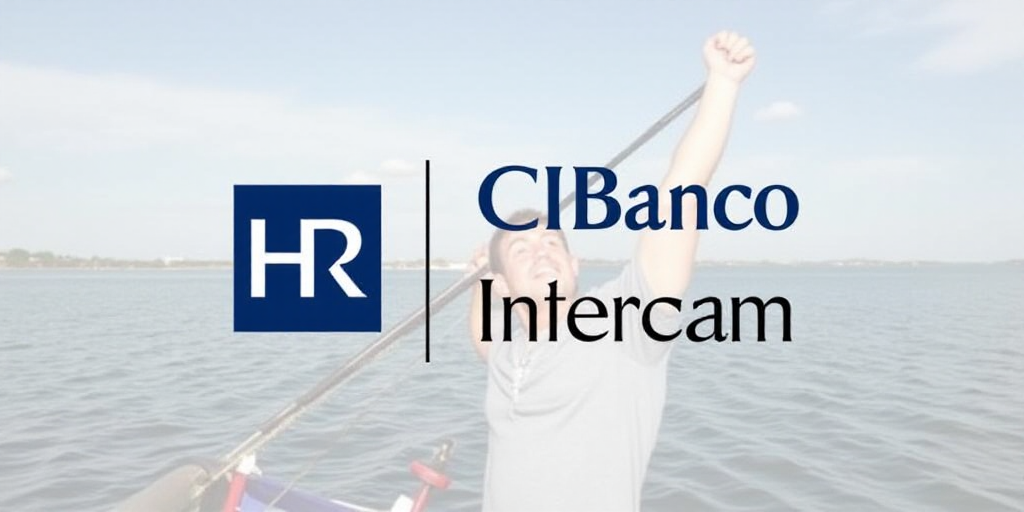Background and Relevance
CIBanco and Intercam are two significant financial institutions in Mexico. Their relevance stems from their extensive network of branches and the services they provide to both individuals and businesses. Recently, these banks have been under scrutiny due to allegations of money laundering related to the illegal trafficking of opioids.
Actions Taken by Regulatory Bodies
CNBV Intervention:
On Thursday, the Board of Governors of Mexico’s National Banking and Securities Commission (CNBV) decreed a temporary intervention of CIBanco and Intercam. The purpose was to replace their administrative bodies and legal representatives, ensuring the protection of depositors’ and customers’ rights amidst potential implications from measures announced by the U.S. Department of the Treasury.
U.S. Department of the Treasury’s Announcement:
The previous Wednesday, the U.S. Department of the Treasury issued an order identifying three Mexican financial institutions, including CIBanco and Intercam, as primary concerns in money laundering related to the illicit opioid trade.
Consequences of Measures
As a result of these announcements, financial institutions are prohibited from conducting fund transfers to or from CIBanco and Intercam. These restrictions will take effect 21 days after publication in the Federal Register.
HR Ratings’ Assessment
Negative Outlook for CIBanco and Intercam:
In response to the above developments, HR Ratings has lowered the ratings of CIBanco and Intercam, placing them on a negative outlook. The agency warns that a downgrade in rating could occur if the current situation leads to CIBanco and Intercam, or their subsidiaries, defaulting on their obligations to creditors.
Impact on Stakeholders
The actions taken by regulatory bodies and the subsequent rating downgrade by HR Ratings will have significant implications for various stakeholders:
- Depositors and Customers: The intervention aims to safeguard their interests, but the ongoing scrutiny may cause uncertainty and potential disruptions in banking services.
- Shareholders: The negative outlook and potential rating downgrade could negatively impact the banks’ stock prices, affecting shareholders’ investments.
- Creditors: The risk of default increases with the negative outlook, potentially leading to losses for creditors.
- Employees: The banks’ financial stability and reputation may be affected, potentially impacting job security.
Key Questions and Answers
- Q: Who is HR Ratings?
A: HR Ratings is a credit rating agency that evaluates the financial health and stability of various institutions, including banks. - Q: Why did HR Ratings lower the ratings of CIBanco and Intercam?
A: HR Ratings lowered the ratings due to the temporary intervention by the CNBV and the negative outlook resulting from allegations of money laundering related to illegal opioid trafficking. - Q: What does the negative outlook mean for CIBanco and Intercam?
A: The negative outlook indicates a potential downgrade in rating, which could negatively impact the banks’ financial stability and reputation. - Q: How will these developments affect stakeholders?
A: Stakeholders, including depositors, customers, shareholders, creditors, and employees, may face various consequences such as uncertainty in banking services, potential losses on investments, increased risk of default, and job insecurity.






